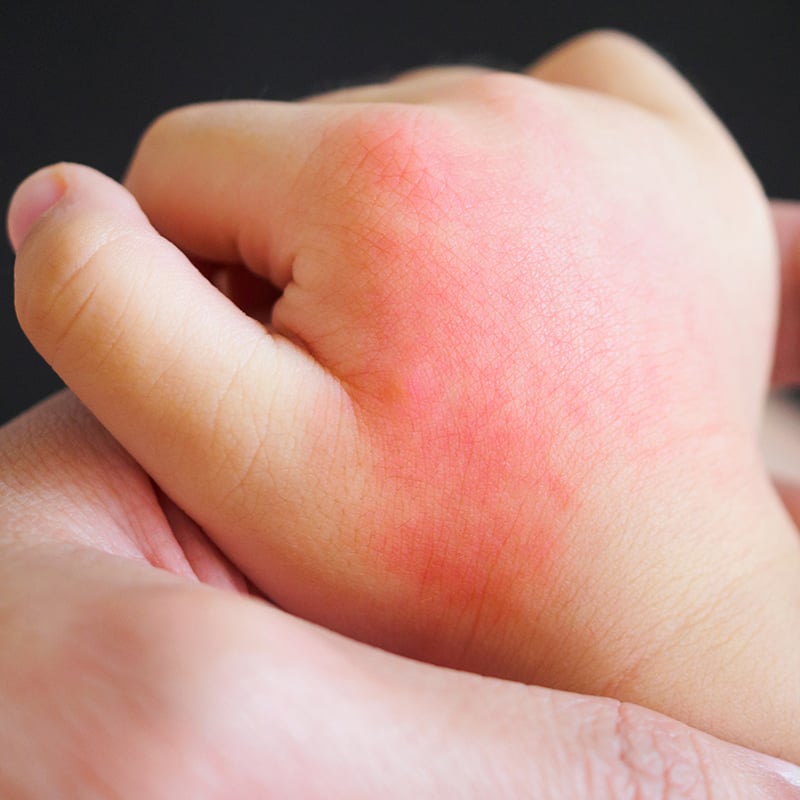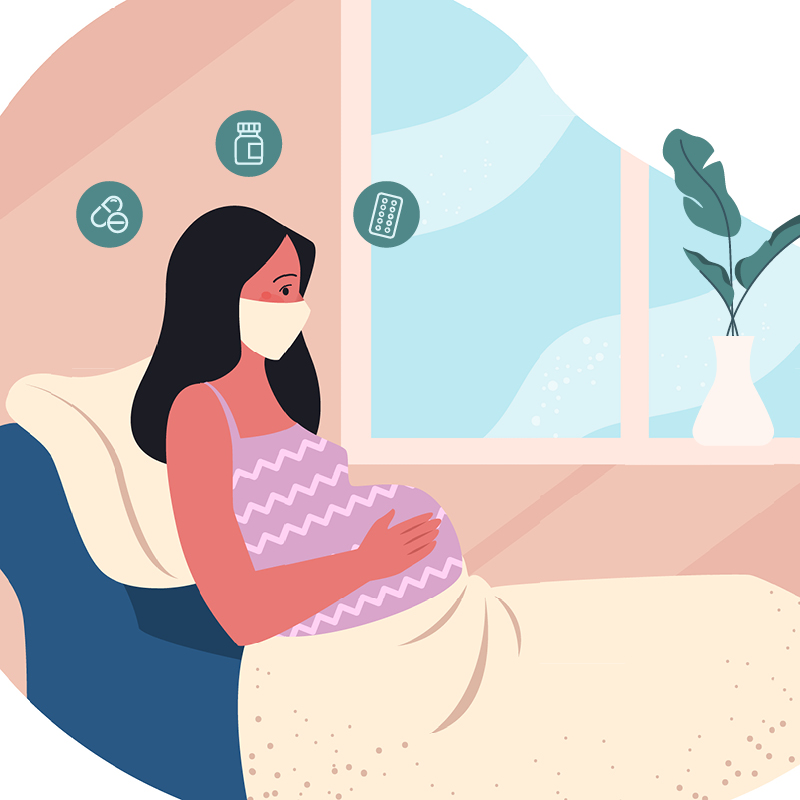One in 44 children is diagnosed with autism, according to the CDC. More boys are diagnosed than girls are; the average age of an autism diagnosis for boys is just over three years, while the average age for girls is four years.
As April marks Autism Acceptance Month, our pediatric behavioral health and complex care teams are conscious of the fact that not all children are diagnosed with autism at a younger age. As a result, the support systems and resources for older children look different than they do for younger children.
Our specialists who work with children with autism and their families offer insights into finding the support and assistance each family needs.
Diagnosing older children
Once a child enters a school district and begins to interact with other children more consistently, teachers and aides are able to identify a potential autism diagnosis around the age of 5-7 years.
Since the majority of children are diagnosed in those early school years, providers usually refer to an autism diagnosis in an “older child” as over the age of 10.
When seeking a diagnosis, providers will use screening tools to identify potential areas of concern. This is followed by a more in-depth evaluation with a behavioral health psychologist or other provider, followed by a care manager being assigned to the family and for any next steps – including a neuropsychological examination to assess the child’s strengths and needs.
Children diagnosed with autism are deemed eligible to receive services through the Office of People With Developmental Disabilities (OPWDD) through age 22. If a child is enrolled in a public school district, parents can work with the district to develop an Individualized Education Plan (IEP) that identifies their child’s strengths and needs, and sets educational, social, and emotional goals.
“We want to validate the feelings of both the parents and children upon learning about the diagnosis,” said Laurie Zweifel, PhD, a psychologist with St. Lawrence Health. “We can be supportive and encouraging that, yes, a child has autism, but autism makes them who they are. Our goal is to help them live the best life they can and empower them with a sense of optimism that their child will live happy and fulfilling lives.”
Services, groups, and organizations
Schools are well versed in welcoming students with a broad spectrum of intellectual or developmental disabilities. If a child is referred to the district’s special education coordinator following an autism diagnosis, they will help to set the child up with services in school such as speech, occupational, or physical therapy, counseling, social skills training, or applied behavioral analysis (ABA) programs.
Outside of schools, there are a strong number of organizations in communities across the greater Rochester and St. Lawrence regions. Their services cover a broad range of needs, including social skills training, vocational training, connection to community groups and other families, and respite programs. Transitional services for children entering adulthood such as housing, socialization, transportation, and employment services are also available.
A list of groups and organizations include but are not limited to:
- ACCES-VR
- ARC of Jefferson and St. Lawrence County
- ARC of Monroe County
- Autism Up
- Boys & Girls Club of Rochester
- Cerebral Palsy of the North Country
- CP Rochester
- Heritage Christian Services
- Ibero American Action League
- NY Connects
- OPWDD – Front Door
- Person Centered Services of WNY
- Prime Care Coordination
Outside these groups, some families find it useful to choose family therapy to address and resolve conflict between parents and children that may stem from an autism diagnosis.
One of the most stressful transitions for families is identifying a medical care setting where their children experience a comprehensive approach to autism similar to the level they have come to expect in pediatrics. Rochester Regional Health Complex Care Program is available for patients with autism ages 18 and older.
“At our Complex Care Program, families can be confident they will receive high-quality, individualized care,” said Tiffany Pulcino, MD, Medical Director for Rochester Regional Health Complex Care Program. “Neurologic development does not end at age 18. We are here for our patients and their families throughout their journey.”
If a child has a hobby or area of interest they want to pursue, consider finding a club or group where they can play with other children their age. Socialization is a significant need for children with autism so they can develop a sense of belonging.
“Being social is not about trying to force someone to be extroverted; it’s about having them find a community where they can interact well and help them find ways that they can fit in and meet other people,” said Scott Anderson, PhD, a psychologist with Rochester Regional Health. “Children should be able to pursue things that they enjoy and find meaning in in a way that does not make them uncomfortable.”
Finding personal support
It is not unusual for parents to become overwhelmed while caring for a child with autism. Providing support and care for their own child and learning to trust someone else to care for their child is difficult.
If a parent feels the need to talk with a counselor, seeking out a counselor or mental health provider is not a sign of weakness. Taking the time to be a healthy person helps to make a healthy parent.
Finding other parents of children with autism can be a big step in preventing caregiver burnout. Dr. Zweifel said a mother of a young child with autism at her practice joined a Parent-to-Parent group through OPWDD – NY Connects and found that interacting with other parents to talk about their feelings related to raising a child with challenging behaviors is validating and helpful.
Respite programs allow parents of children with autism to take time for themselves as needed. A respite caregiver is available to spend time with a child, either at home or in the community, so their parent can run errands or take the time to relax for a period of time. While there is a shortage of direct support professionals to provide these services, the need for them is not less significant.
“Establishing family support is important for everyone,” Dr. Zweifel said. “There might be concerns about children with autism becoming independent and what their future might look like. Thankfully, there are many services in our communities to help children grow up to be strong, capable, independent adults.”









